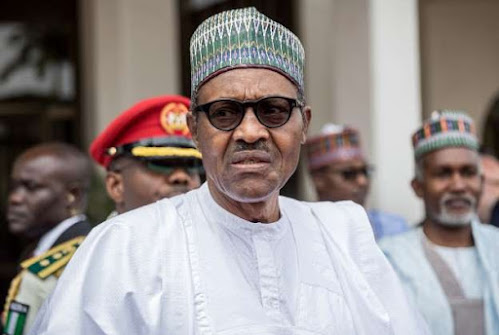By Olu
Fasan
Call it a tale of two countries. One, Britain, puts integrity at
the heart of its politics and punishes any departure from it, as evidenced by
the recent toppling of its prime minister, Boris Johnson. The other, Nigeria,
lacks integrity in its politics and tolerates acts of impunity, as proven by
the prevalence of vote-buying and other dishonest practices in its elections.
The contrasting stories of both countries and the implications for Nigeria’s
democracy are instructive and deserve our attention. Let’s start with Britain!
*Buhari and JohnsonIn December 2019, Boris Johnson secured a landslide victory for
his party, the Conservative Party. He won an 80-seat parliamentary majority,
the party’s biggest for 40 years. Yet less than three years later, he was
brutally defenestrated by Members of Parliament, MPs, from his own party.
Ironically, last week, the same Tory MPs gave
Johnson a standing ovation during his final prime minister’s questions, PMQs,
after a barnstorming speech, which he ended with the words: “Hasta la vista(goodbye;
see you later), baby!”
So, within three years as prime minister, Boris Johnson was
ousted from the job he coveted his entire political life. The question must be:
Why? Well, here’s why. Conservative MPs admired Johnson’s charisma and
electioneering skills, but they strongly detested his personal flaws, his
perceived lack of integrity, and the latter feeling trumped the former. As one
Conservative insider put it, “the principal reason for removing Johnson was to
restore honesty to public life”.


















